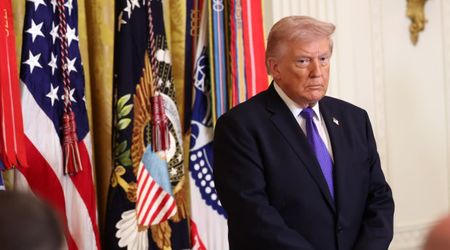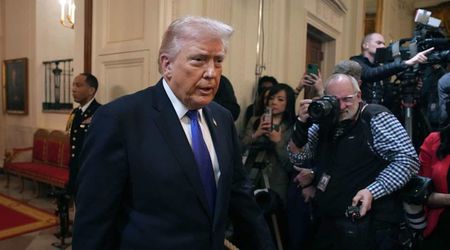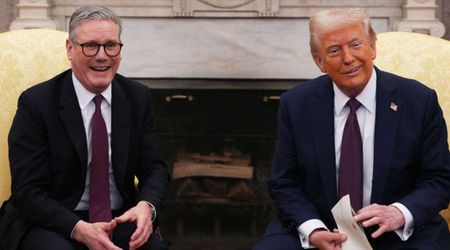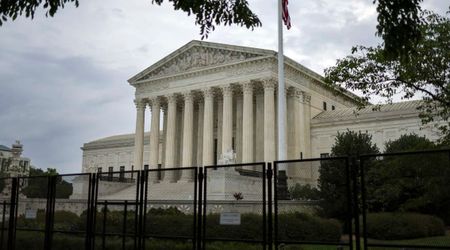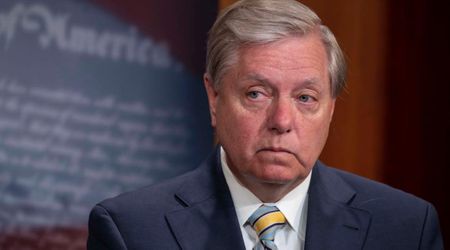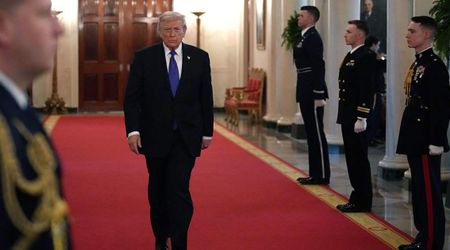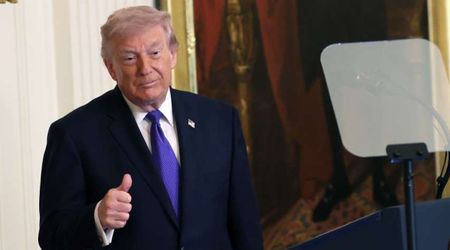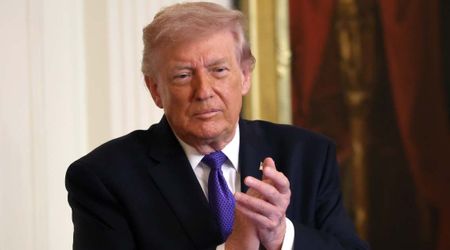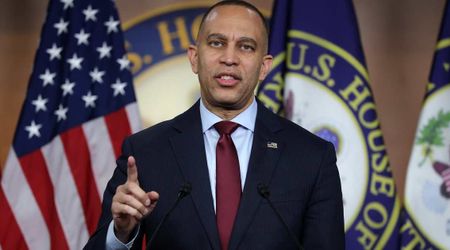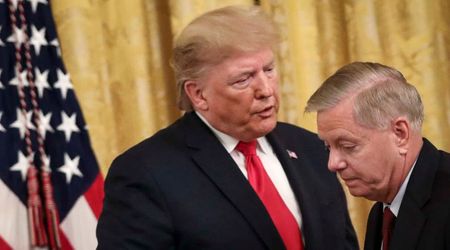5 key takeaways from Donald Trump’s civil fraud trial verdict after he’s asked to pay $355M in penalty
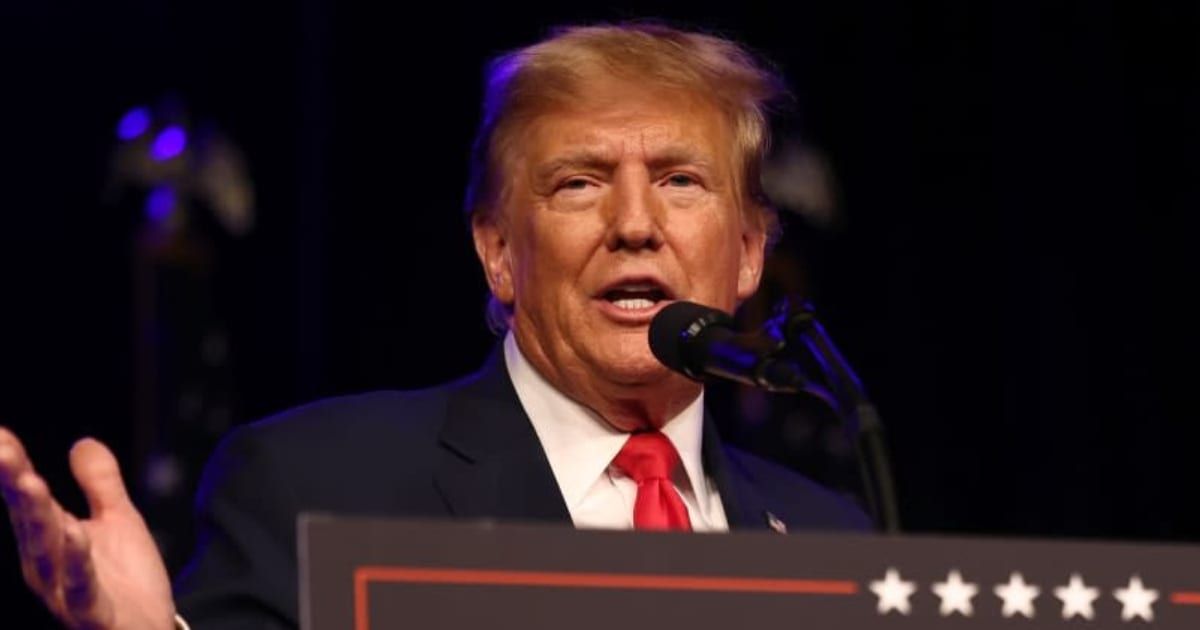
5 key takeaways from Donald Trump's $355M New York civil fraud trial verdict

(Getty Images)
Former president Donald Trump was hit with a whopping $355 million penalty in the New York civil fraud trial on Friday, February 15, 2024. After a months-long trial, Judge Arthur Engoron also barred the Republican frontrunner from serving as an officer or director of any New York corporation for three years. The verdict gave a win to New York Attorney General Letitia James, who sued Trump in 2022 for massively inflating his property praises to secure favorable bank loans. Along with the former president, his sons and co-defendants, Donald Trump Jr and Eric Trump, were also charged $4 million each. Let us explore five key takeaways from the bombshell verdict.
1. Biggest fines against Donald Trump so far

Judge Engoron has charged Donald Trump with the biggest penalty yet. The $355 million penalty for illegally inflating the price of his properties was a setback as the former president is closing in on the Republican nomination for the 2024 presidential election. However, it fell short of NY AG Letitia James' recommendation to charge the defendant with $370 million and a lifelong ban from the state's real estate industry. The ruling states that Trump and his companies owe $126 million for profits from the sale of the Old Post Office in Washington, DC, $60 million for profits from the sale of Ferry Point in the Bronx, and an additional $100 million in interest on those profits.
2. Judge backs off from dissolving Trump Organization

Judge Engoron refrained from issuing a corporate death penalty against Donald Trump by completely dissolving the Trump Organization, which could have been much worse. Instead, the former president received only a three-year ban from working in any New York corporation. The judge went against his September 2023 decision to dissolve Trump's business certification in finding the ex-president and his co-defendants liable for consistent fraud. However, in the February 16 ruling, Engoron declared that the move was no longer necessary. "As going forward there will be two-tiered oversight, an Independent Monitor and an Independent Director of Compliance, of the major activities that could lead to fraud, cancellation of the business licenses is no longer necessary," the judge wrote, as per CNN.
3. Donald Trump's sons banned for two years

The verdict prohibited Trump's eldest sons, Donald Trump Jr and Eric Trump, from serving as executives in New York for two years. His sons have been essentially running the Trump Organization since 2017 when Trump Sr entered the Oval Office. "They also served as co-executives running the company from January 2017 to today, in which they had intimate knowledge of the Trump Organization's business, assets, and were provided with financial updates upon request," Engoron wrote in the ruling, according to CNN. Both co-defendants are also penalized with $4 million individual fine in "ill-gotten" profits they received from 2022 sale of their father's hotel at the Old Post Office building in Washington DC.
4. Donald Trump's former lawyer Michael Cohen 'told the truth'

Trump's former lawyer and fixer, Michael Cohen, a key witness in the trial, was initially undermined due to credibility issues, but in the final ruling, Judge Engoron declared he believed in the witness. Despite some "seeming contradictions" in his statement during the trial, the court finally ruled his testimony "credible" based on the relaxed manner in which he testified. "A less-forgiving factfinder might have concluded differently, might not have believed a single word of a convicted perjurer," Engoron wrote. "This factfinder does not believe that pleading guilty to perjury means that you can never tell the truth. Michael Cohen told the truth," he added.
5. Donald Trump will appeal the NY civil fraud trial ruling

Trump attorney Christopher Kise, in a statement after the ruling, announced that Donald Trump will appeal Engoron's verdict and "remains confident the Appellate Division will ultimately correct the innumerable and catastrophic errors made." According to Kise, the court "ignored the law, ignored the facts." In multiple instances during the 11-week trial, Trump's lawyers consistently criticized Engoron's handling of the case. On the other hand, the judge had already acknowledged the possibility of an appeal.

